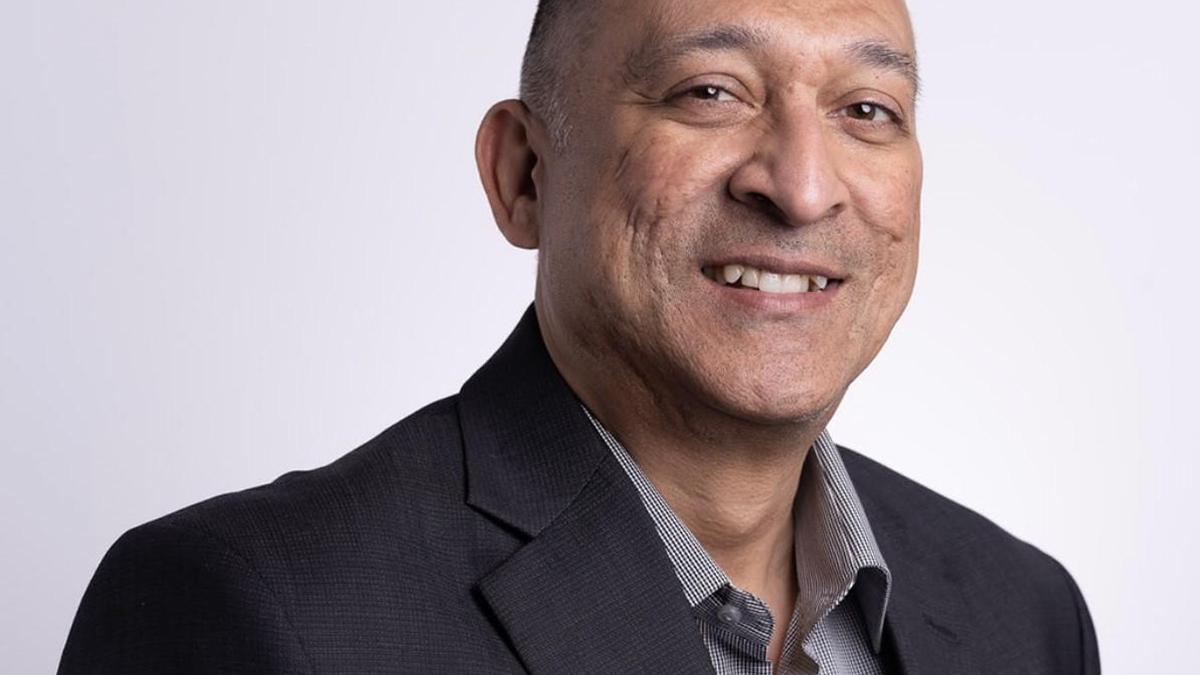
AI remains underutilised as few possess a deep understanding: Ness Digital CEO Ranjit Tinaikar
The Hindu
Companies worldwide have yet to harness the full potential of AI, says Ranjit Tinaikar, CEO of Ness Digital Engineering.
While artificial intelligence (AI) has been a buzzword across industries, companies worldwide have yet to harness the full potential, says Ranjit Tinaikar, CEO of Ness Digital Engineering. Speaking to The Hindu during his visit to Mumbai, the New York-based tech leader said that while senior executives across industries frequently discuss AI, very few possess a deep understanding of it.
Mr. Tinaikar stressed that leaders must first grasp the concept of AI to effectively guide their organisations through the transformative journey it entails. “This journey is about re-skilling people,” he said. He predicted that the Business Process Outsourcing (BPO) sector would face significant disruption due to AI, with jobs in the ‘vanilla BPO world’ likely to be impacted the fastest. However, he framed this disruption as an opportunity for adaptation.
“The disruption would be the highest there. But a disruption also creates the biggest opportunities. I won’t frame it as the BPO world losing jobs; I would say it will need to adapt the first and the fastest,” Mr. Tinaikar explained. He suggested that AI could help BPOs generate more revenue or reduce service costs by leveraging data-driven use cases, even with fewer employees. “Right now, companies make money based on how many calls their agents handle, but AI will change that. The knowledge contained in those calls is valuable. If AI can process and analyse this data, firms can generate more revenue for their clients or reduce service costs. So, while the number of employees may decline, revenue per employee will increase. The revenue per Full-time Equivalent (FTE) will change,” he explained.
Mr. Tinaikar believes that over the past three years, companies have primarily focused on proof-of-concept projects and small-scale trials rather than leveraging AI to its full potential. “I don’t think I have come across anybody who has taken AI programmatically to transform a part of the business, except the AI companies. A reasoning being financial risk and the risk of new things,” he said.
An alumnus of IIT-Bombay and a PhD from the University of Pittsburgh, Mr. Tinaikar observed that most organisations prefer to follow rather than innovate. “Most people are better at fast following than innovation. Once one or two things kick in, then everybody will follow. Most people don’t want to be on the bleeding edge of innovation,” he said.
He warned that incumbents in various industries would eventually face challenges as AI disrupts their business models. “CEOs talk about AI transforming the world, but they don’t want it disrupting their own businesses. It’s only the attackers who create innovation. Eventually, large companies will either acquire these challengers or restructure their businesses to adapt.”
According to Mr. Tinaikar, AI will significantly raise the bar for what is considered expertise. “Much of what we call expertise today is actually routine knowledge. AI is exceptionally good at making implicit knowledge explicit. Take cricket, for example. When Rohit Sharma hits a six in half a microsecond, that’s implicit knowledge. But if AI can analyse the mathematics behind that shot, it can program a robot to hit the same shot perfectly every time, reducing the power of the expert,” he said.













